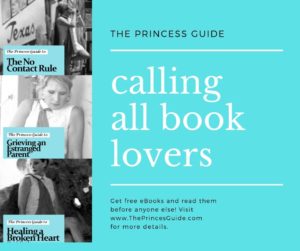This week, we’re on the topic of mental health. This Flashback Friday post from 2014 on daydreaming fits the bill … All my daydreamers, dream on (and read on) …
I’m a planner and the kind of person who MUST have something to dream about. It was a way of escape for me when I was a child, but it has really helped me get many of the things I’ve wanted in life.

I remember when I was in first grade I took home a note from my teacher in which she communicated I was a good student and very smart, but I daydreamed too much. I was bored! I already knew the material she was teaching and wanted to be chasing butterflies in a field of flowers.
Kids who daydream a lot are labeled slackers and lazy, but some studies say that isn’t so.
A 2012 study conducted by the University of Wisconsin-Madison’s Center for Investigating Healthy Minds found daydreaming is actually good for your working memory. Working memory allows the brain to juggle multiple thoughts simultaneously. The more working memory a person has, the more daydreaming they can do without forgetting the task at hand.
Scott Barry Kaufman, NYU psychology professor and author of Ungifted: Intelligence Redefined, argues that daydreaming can play an important role in personal adaptation.
In a 2013 Scientific American blog, Kaufman explained that daydreaming can offer positive personal rewards including:
– self-awareness,
– creative incubation,
– improvisation and evaluation,
– memory consolidation,
– autobiographical planning,
– goal driven thought,
– future planning,
– retrieval of deeply personal memories,
– reflective consideration of the meaning of events and experiences,
– simulating the perspective of another person,
– evaluating the implications of self and others’ emotional reactions,
– moral reasoning, and
– reflective compassion.
That sounds more like working to me than it does laziness!
So, what do you do when it seems like your dreams and plans aren’t happening the way you’d like?
In his book How to Survive a Betrayal, Rev. Mark T. Barclay offers these tips for what to do when you don’t see your dreams coming to pass:
- Picture what you want in your mind and focus on it.
- Use faith–confession–actions to believe in it.
- Find scripture verses that motivate you and bring you hope.
- See yourself enjoying it. Think about it. Be consumed with it.
- Praise God more and more for it.
- Know it is coming. Read the verses until you are assured of it.
- Let no one steal it from you. Listen to God, His word and your spirit, not other people.
You can find these Flashback Friday blogs posted every Friday. If you want to know more how to have successful relationships and peace of mind, you can get a free PDF sample chapter of “The Princess Guide to Healing a Broken Heart”by filling out the form in the sidebar on this page.









